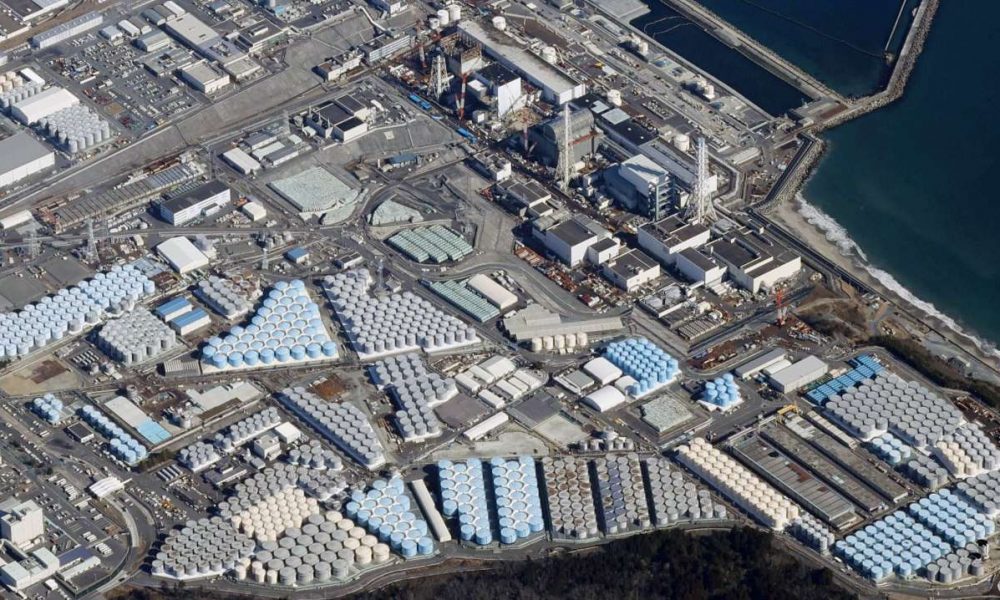
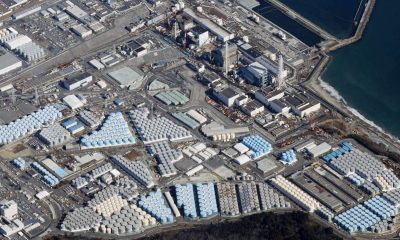

"It is important to continue providing accurate explanations" to correct misconceptions about Fukushima, says University of Tokyo Professor Naoya Sekiya.
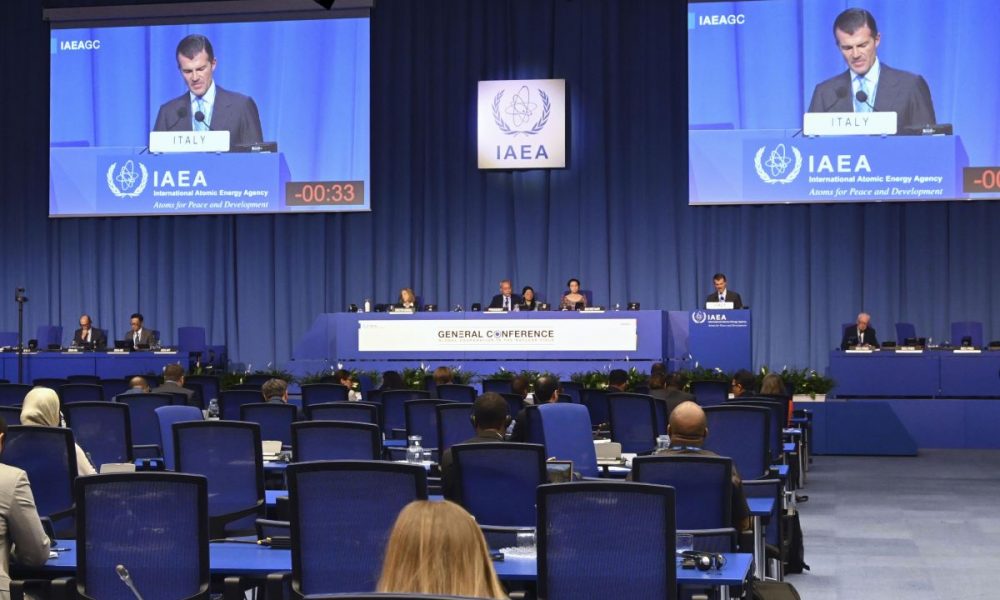
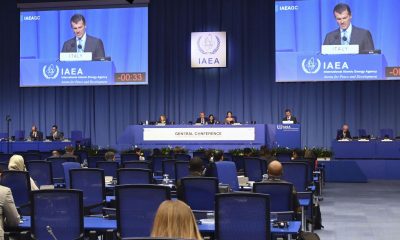

New testing by the IAEA involves laboratories from Canada, China, and South Korea, aiming to settle remaining concerns about Fukushima's treated water release.
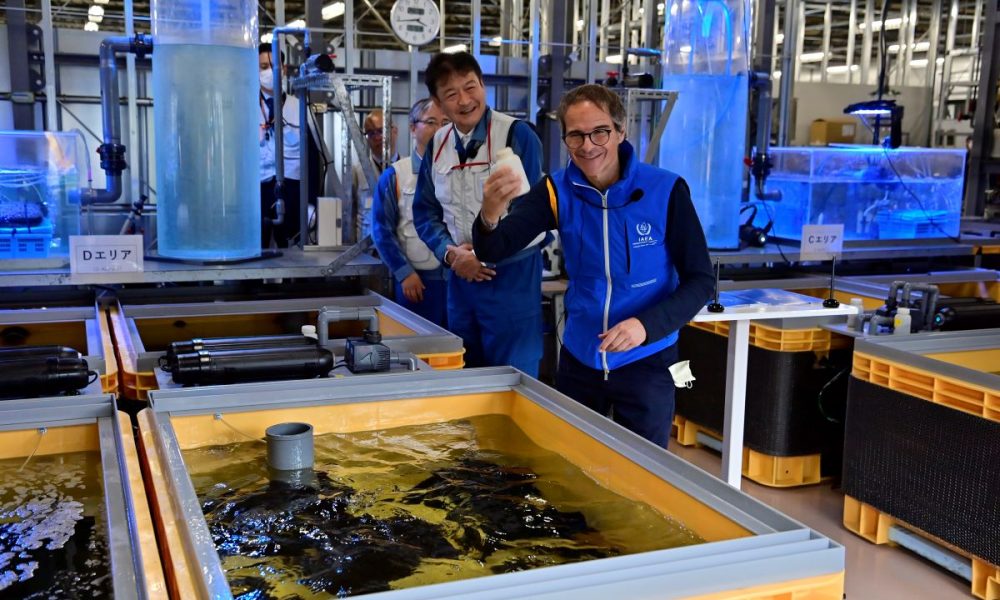
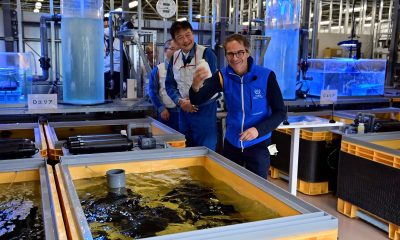

TEPCO's team is raising flounder in treated water and its tests confirm the tritium stays well below international standards without accumulating in the fish.
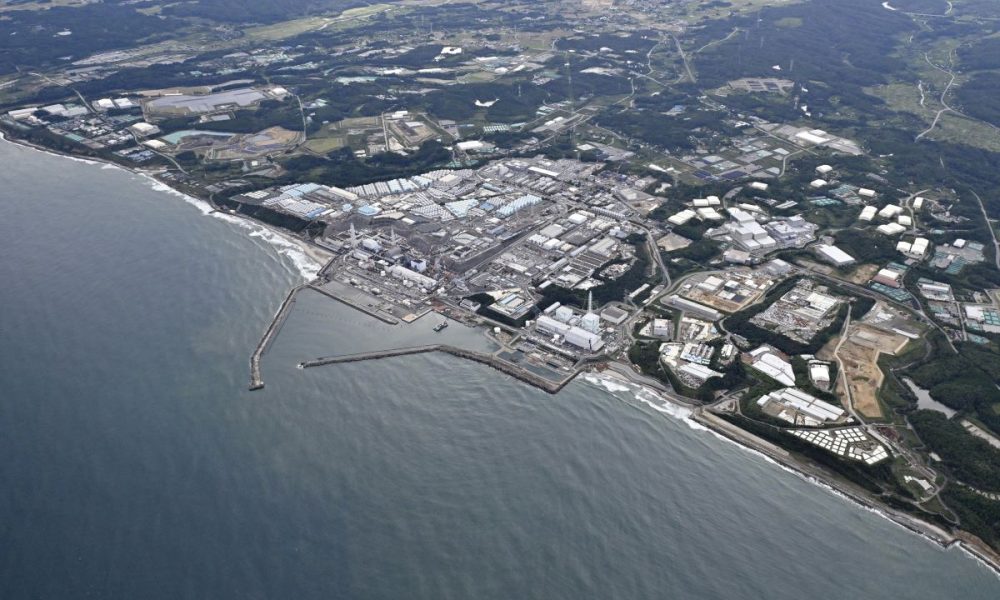
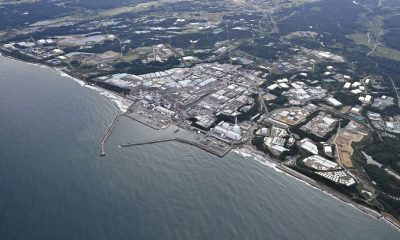

At the International Atomic Energy Agency's annual meet, China called Japan’s treated water discharge “nuclear-contaminated.” No countries backed its position.
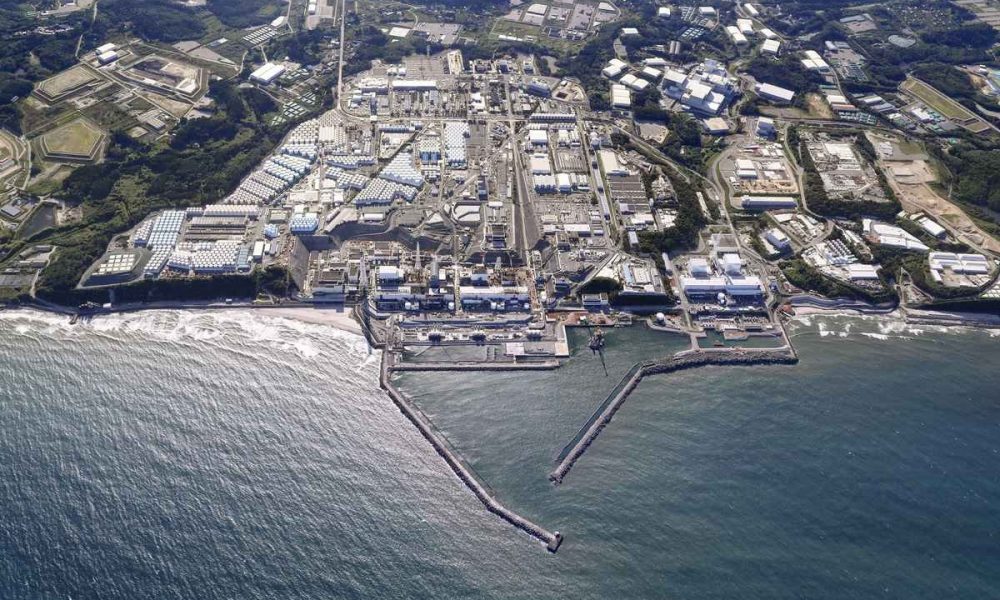
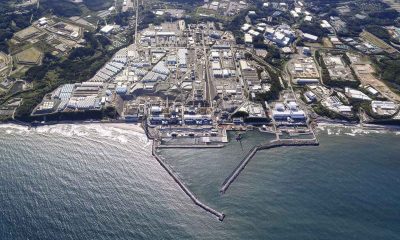

With hysteria rampant on Chinese social media following the release of ALPS treated water at Fukushima, we tackle some of the science behind Japan’s decision.
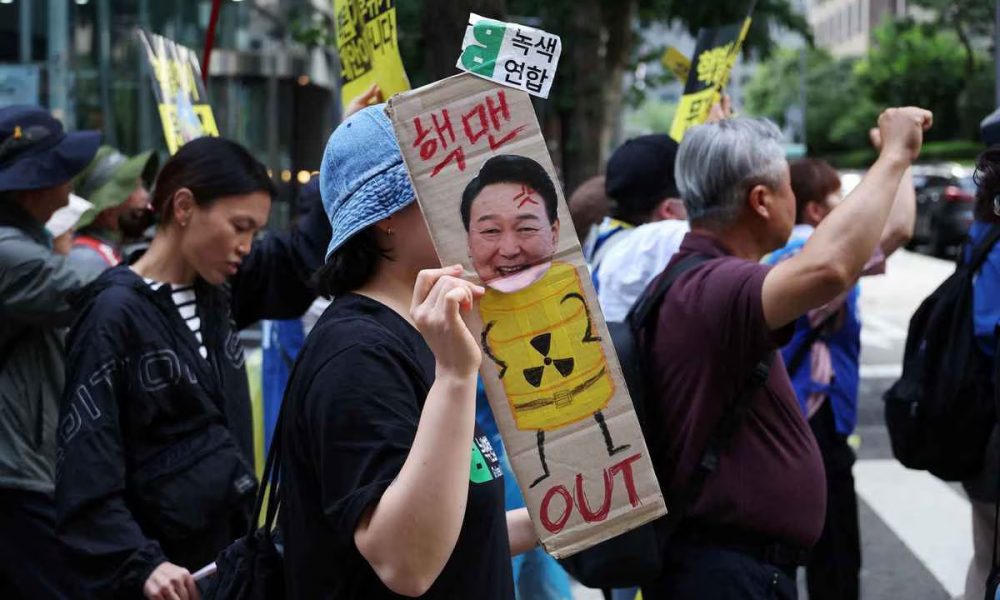
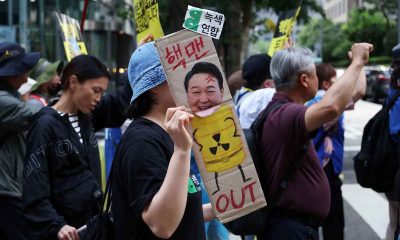

The ALPS treated water release was declared safe, but a South Korean left-wing lawyer's group has filed a petition listing dolphins among its claimants.
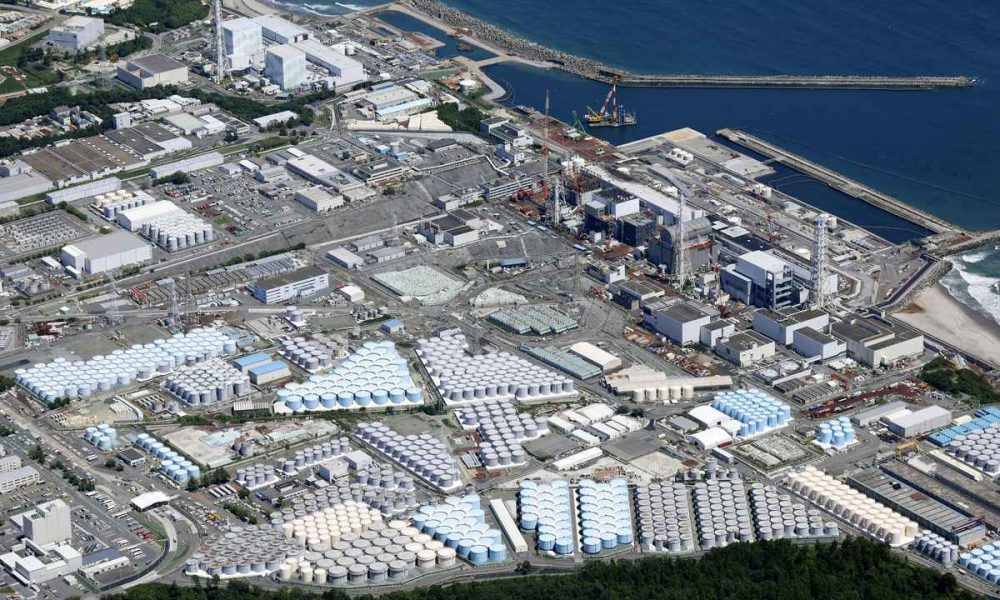
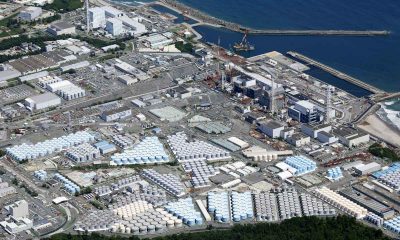

Despite Chinese backlash and widespread disinformation, many European media outlets are responding calmly and objectively to the ALPS treated water release.
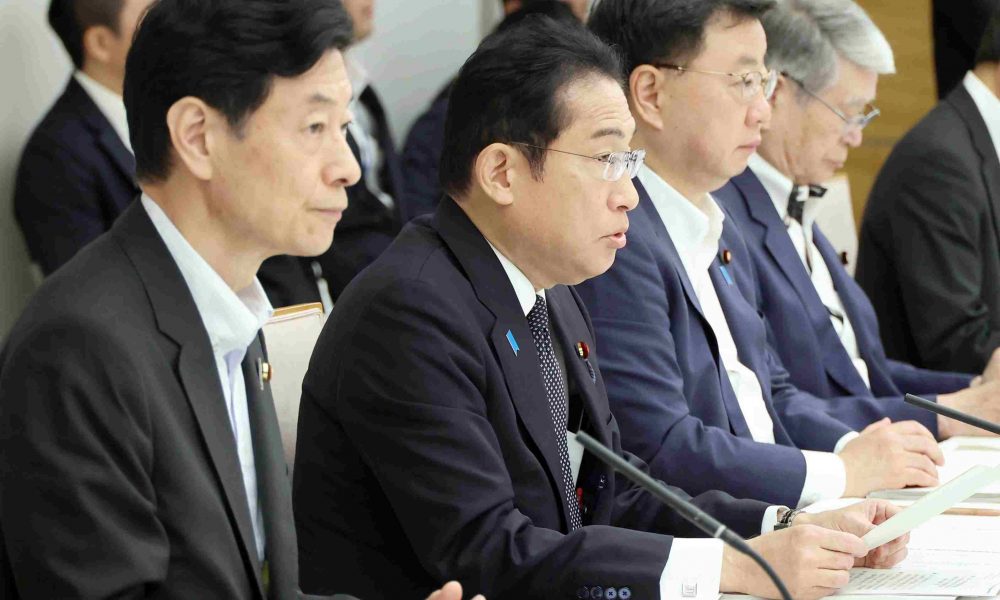
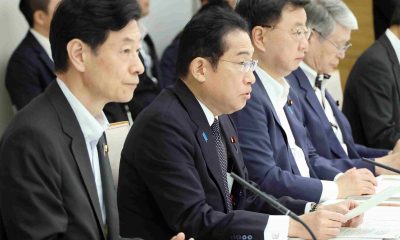

As it starts releasing treated water from Fukushima, as approved by international experts, Japan must make good use of its ¥80-billion anti-disinformation fund.
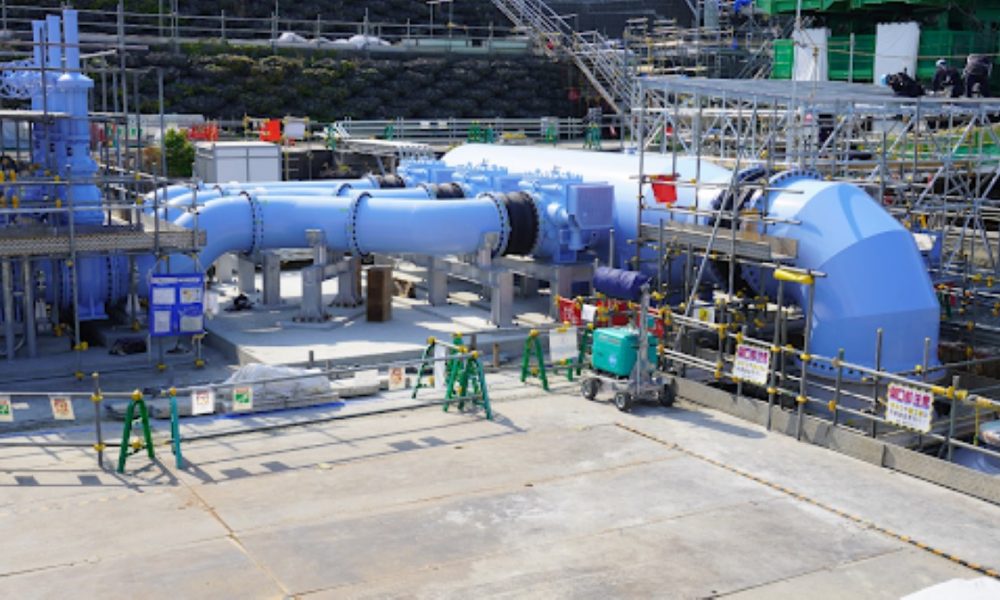
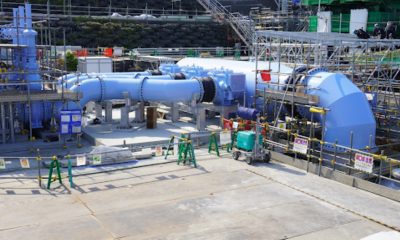

As the treated water release started TEPCO said it would monitor with the utmost sense of care, while China announced a ban on all Japanese seafood...
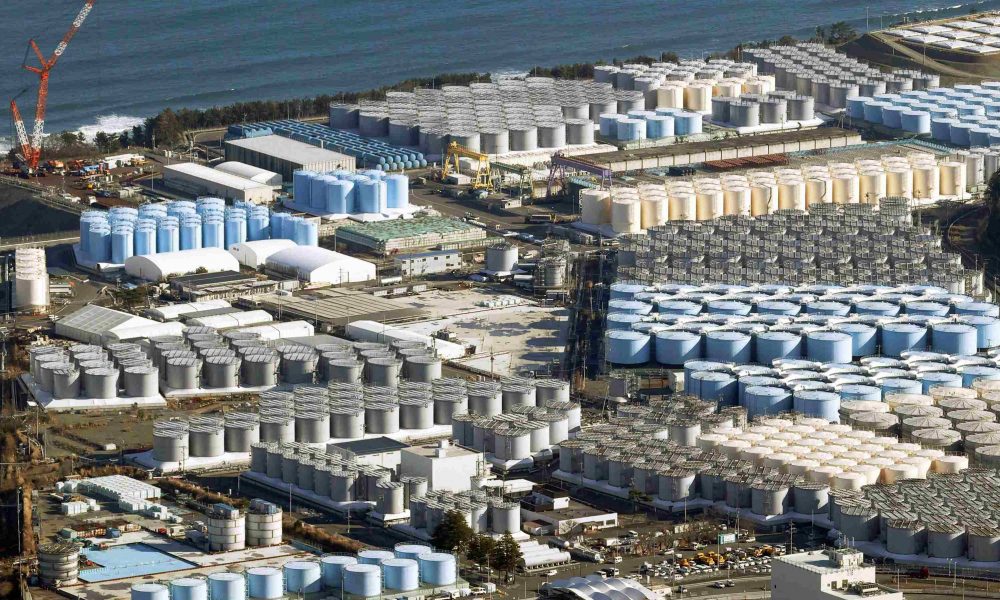
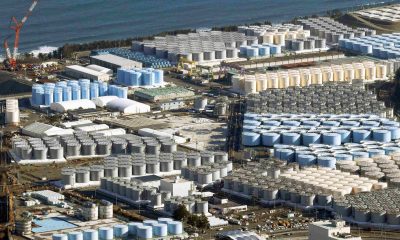

The treated water release was decided after confirming the "safety, reputational damage measures, and continued support" from TEPCO., said PM Fumio Kishida.



Irritated by South Korea's growing ties with the US and Japan, China aims to create discord by exploiting opposition to the release of Fukushima treated water.
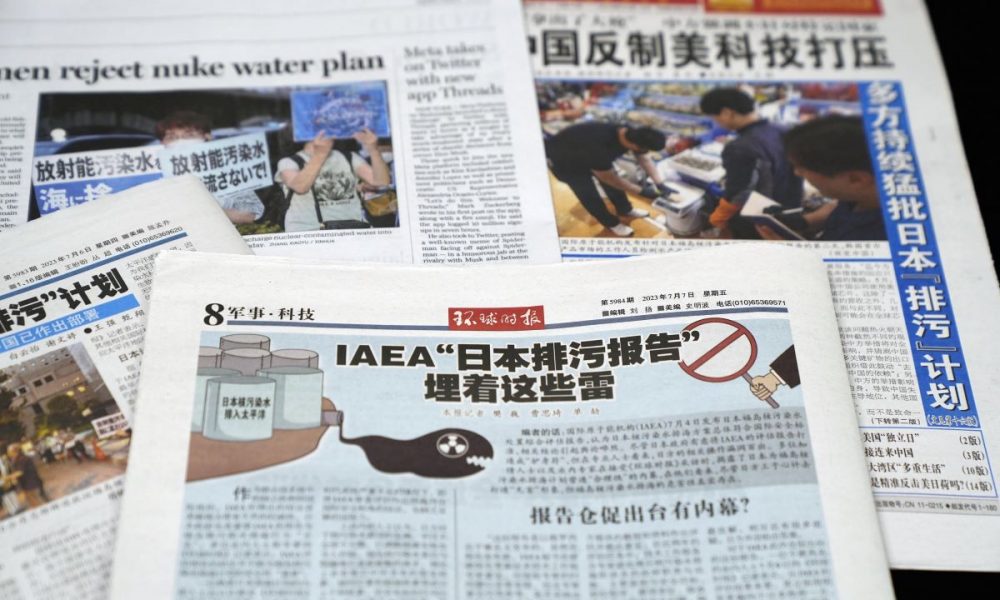
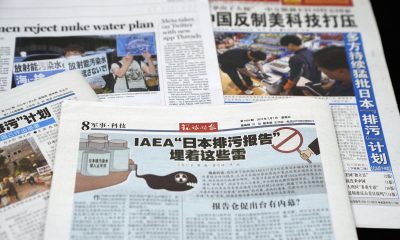

Japan's plan for releasing treated water from Fukushima Daiichi meets international safety standards. China can't say the same about its own tritium releases.